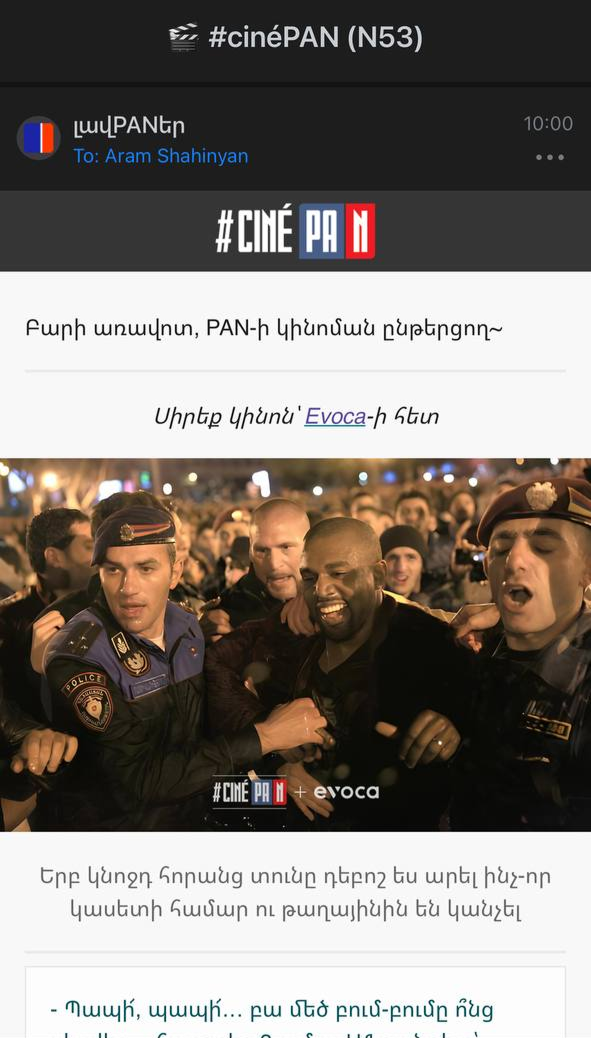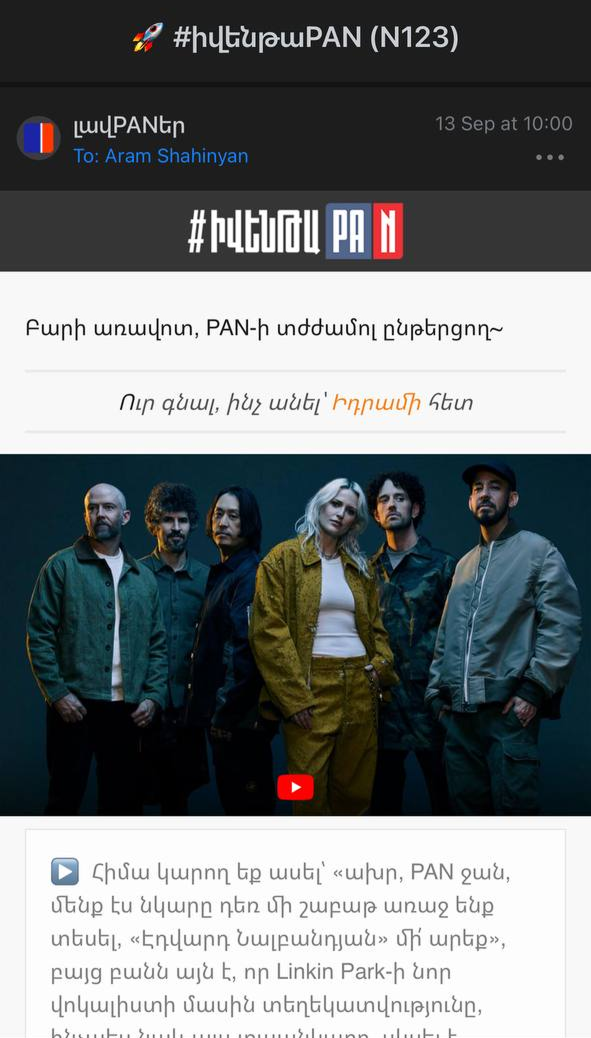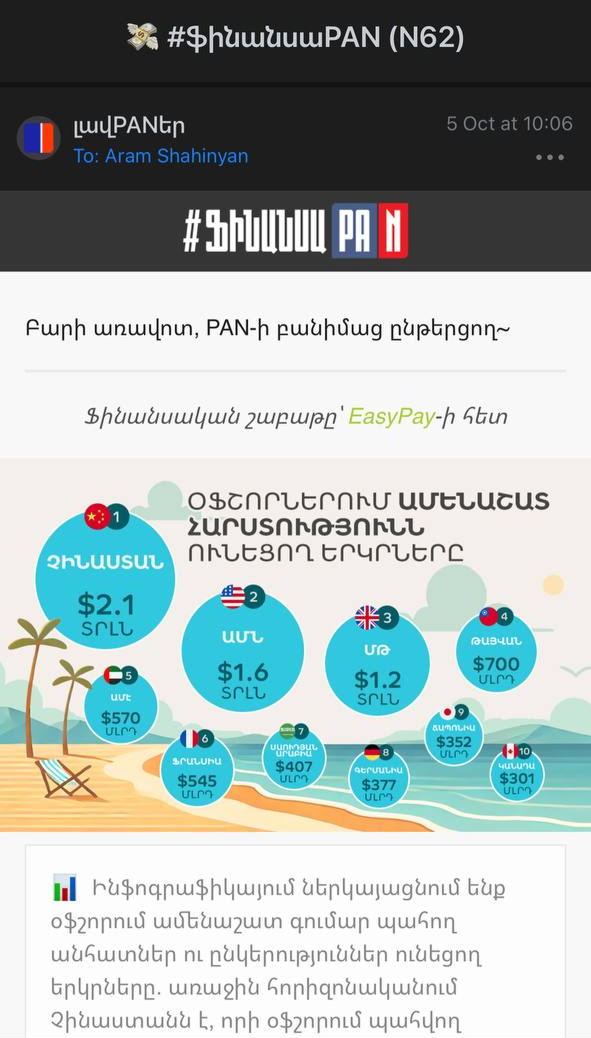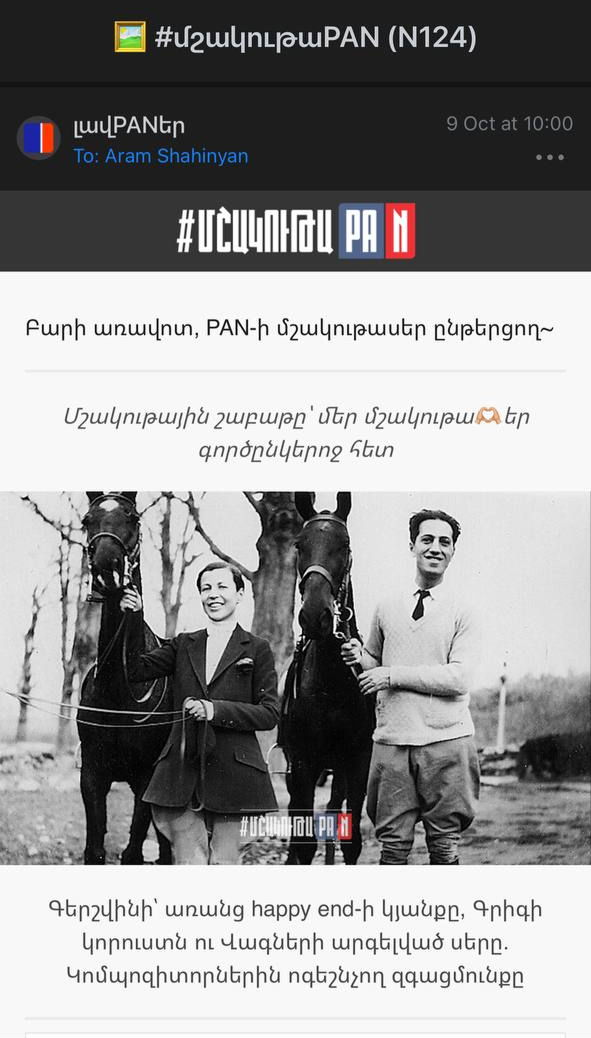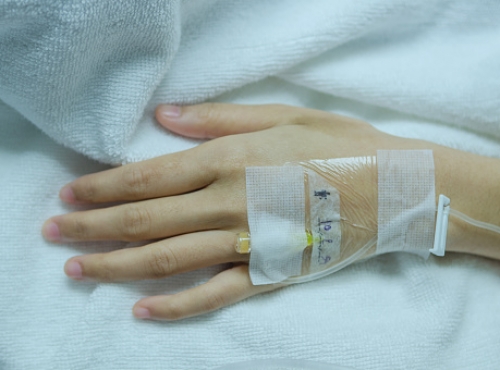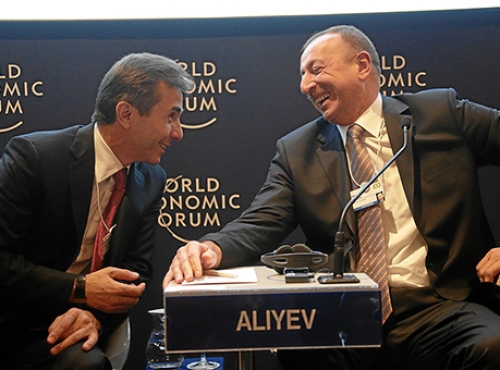Breast cancer patients who take the dietary supplements known as antioxidants, as well as iron, vitamin B12, and omega-3 fatty acids, during chemotherapy may be at increased risk of disease recurrence and death, according to new study results appearing in the Journal of Clinical Oncology.
Led by researchers at the SWOG Cancer Research Network, a cancer clinical trials network funded by the National Cancer Institute (NCI) through the National Institutes of Health, the study confirms previous medical guidance advising cautious use of any supplements, other than a multivitamin, for cancer patients undergoing chemotherapy.
A small but growing body of research in the last 20 years shows that, despite their cancer-fighting reputation, antioxidants such as vitamin E, beta-carotene, and selenium can actually increase risk of some cancers, cause some cancers to return after treatment, or interfere with the effects of chemotherapy. As part of the nation's oldest and largest publicly-funded cancer research network, SWOG has conducted some of this work. Its landmark Selenium and Vitamin E Cancer Prevention Trial (SELECT) showed that vitamin E supplementation increases the risk of prostate cancer in healthy men.
What's unique about the new study, led by Christine B. Ambrosone, PhD, of Roswell Park Comprehensive Cancer Center, is that it is the first investigation of the effects of supplement use during breast cancer treatment, and only the second to investigate the effects of supplement use during any kind of cancer treatment. The first was conducted by Charles Fuchs, MD, MPH, the director of Yale Cancer Center, who found that vitamin C may be helpful for people undergoing chemotherapy treatment for colorectal cancer.









